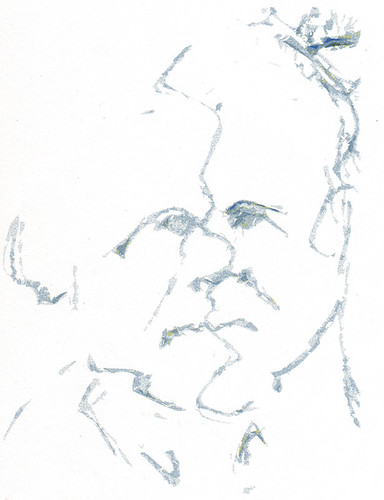The Sacred and the Profane, p 12.
It is impossible to overemphasize the paradox represented by every hierophany, even the most elementary. By manifesting the sacred, any object becomes something else, yet it continues to remain itself, for it continues to participate in its surrounding cosmic milieu. A sacred stone remains a stone; apparently (or, more precisely, from the profane point of view), nothing distinguishes it from all other stones. But for those to whom a stone reveals itself as sacred, its immediate reality is transmuted into a supernatural reality. In other words, for those who have a religious experience all nature is capable of revealing itself as cosmic sacrality. The cosmos in its entirety can become a hierophany.There, that last line hit the pantheist nail on the head for me. What are people trying to do but to find the sacred in a world that has been reduced to a physics creation story. Here I'm thinking that what is 'real' is the human experience, and physics does a 'pseudoreduction' on that lived experience to something desacralized. But we don't live in that world.
Can one experience the entire cosmos as a hierophany? See the movie, Contact, the end of the courtroom scene. But why do we need a creator, a personalized agency?
Onward, p. 13,
It should be said at once that the completely profane world, the wholly desacralized cosmos, is a recent discovery in the history of the human spirit. … desacralization pervades the entire experience of the nonreligious man of modern societies, and in consequence he finds it increasingly difficult to rediscover the existential dimensions of religious man in the archaic societies.But does he?
